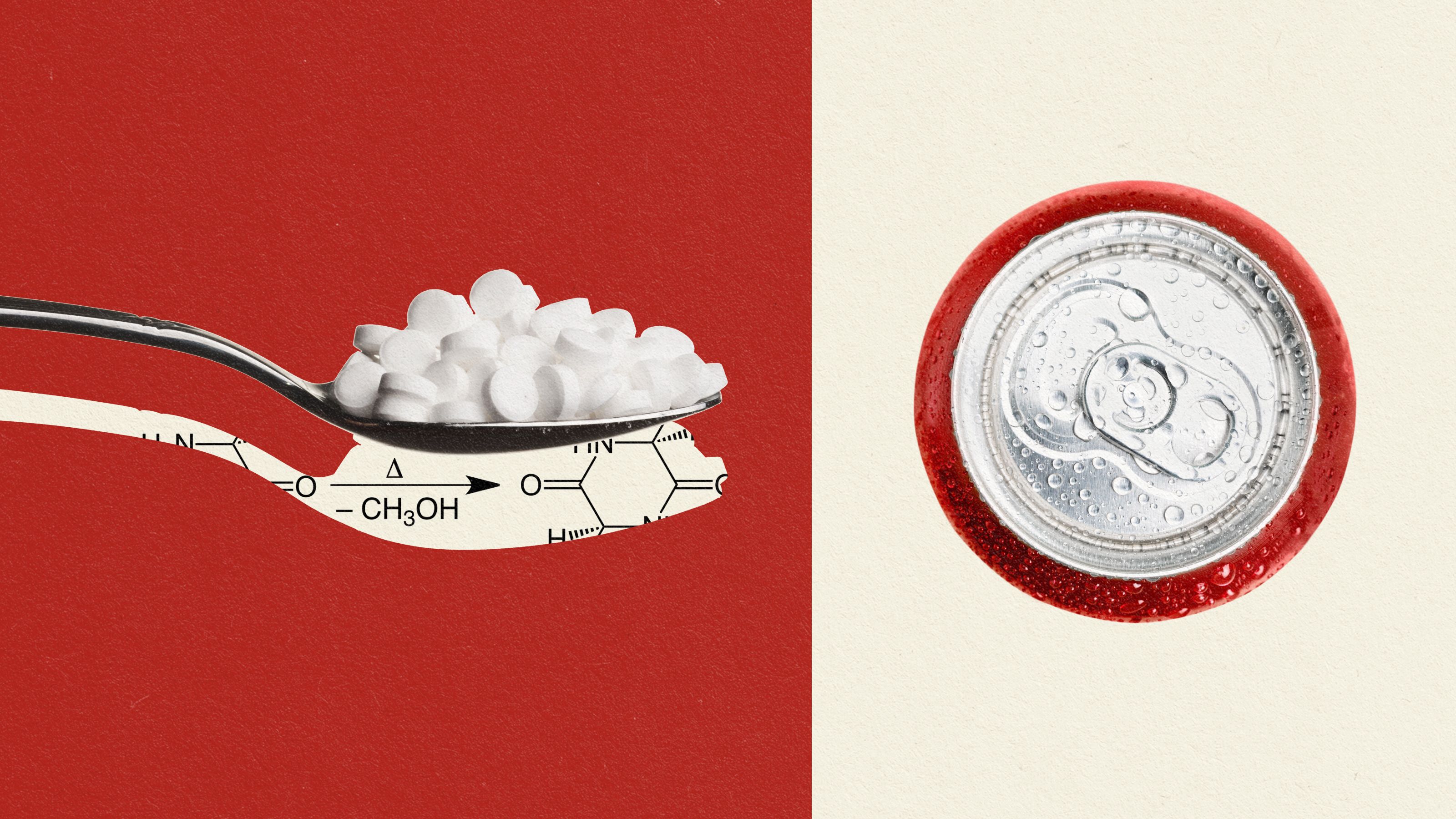Don’t buy the lazy nutrition science on artificial sweeteners

- Are non-sugar sweeteners dangerous? While observational studies suggest they might be, rigorous randomized controlled trials (RCTs) show the opposite.
- Observational studies are a mainstay of nutrition research because they are easy and cheap. They can also produce erroneous findings that seep into collective knowledge.
- Many scientists would prefer to see observational studies phased out in favor of RCTs. However, for change to happen, it might need to start at the top, where science is funded. Government agencies that dole out billions in research grants should start prioritizing RCTs.
In 2023, the ostensibly authoritative World Health Organization (WHO) recommended that non-sugar sweeteners “not be used as a means of achieving weight control or reducing the risk of noncommunicable diseases.” Non-sugar sweeteners are found in diet sodas, yogurts, and snack bars, and many other foods.
The guideline came as a surprise. After all, the very purpose of non-sugar sweeteners — which contain little to no calories — is to help consumers control their weight and reduce their risk of disease by replacing sugar. Excess sugar consumption greatly contributes to diabetes, obesity, heart disease, certain cancers, and a variety of other health problems.
In its report, the WHO cited evidence that long-term use of non-sugar sweeteners is associated with an increased risk of type 2 diabetes, cardiovascular diseases, and death. How is it that sweeteners like aspartame, advantame, cyclamates, neotame, saccharin, sucralose, and stevia are linked to the negative health effects they’re supposed to ward off?
There isn’t a convincing causal explanation, but there is a decidedly human explanation: lazy nutrition science.
The limits of observational studies
The WHO made its recommendation after reviewing hundreds of published studies. The problem is that the overwhelming majority of these studies are observational, in which researchers track behaviors and health outcomes in large populations. In such studies, subjects tend to self-report their food intake, a process riven with inaccuracy. More importantly, observational studies cannot determine cause and effect. Are non-sugar sweeteners causing diabetes, or are people at risk of diabetes simply more likely to consume them, as they try to cut out some sugar? Lastly, there are numerous variables that researchers can’t possibly control for in these studies that could skew the results.
Randomized controlled trials (RCTs) tell a different story about non-sugar sweeteners. These rigorous studies control for confounding variables by randomly assigning people to either a treatment or control group, and they can determine cause and effect. They show that sweeteners modestly benefit weight loss and help control blood sugar, without the adverse effects seen in observational research. The downside of RCTs is that they are shorter in duration, often lasting just a few months. So negative effects could appear after longer use and we wouldn’t be able to tell from these RCTs.
But we also can’t tell from observational studies, which only measure correlation and not causation. Observational studies like this are the reason why the public is regularly bombarded with hyped health stories linking pretty much any food to a negative health outcome. Associations are easy to find and make for potentially viral news fodder.
This state of affairs irks Steven Novella, a Yale neurologist and popular science communicator.
“Making big diet recommendations based on observational or preliminary data causes ‘alarm fatigue’ in the public,” he wrote. “If every week they are hearing about another thing they are supposed to avoid it all becomes impossible to manage.”
Incentivizing better research
A solution is for scientists to quit muddying the waters of knowledge with shoddy observational studies. In the case of non-sugar sweeteners, they might be driving people to consume more sugar, which is unquestionably worse for health.
“Filling the research void with studies that do little to help us understand the cause-and-effect relationships of our real-life dietary decisions does little to advance understanding; in fact, it sows confusion,” Drs. Anupam B. Jena and Christopher Worsham wrote last year in the New York Times. (Jena and Worsham are both professors in health care policy at Harvard Medical School.)
The status quo might be difficult to dislodge, however. RCTs are expensive and time-consuming, while observational trials are cheap and relatively easy to perform. RCTs require recruiting participants, setting up and administering diet plans, and regularly measuring subjects’ health outcomes. With observational trials, researchers can simply download data from already available databases like NHANES or the UK Biobank and search for correlations. Since academia regularly rewards publishing quantity over quality, incentives favor observational trials.
For change to happen, it might need to start at the top, where science is funded. Government agencies like the National Institutes of Health, which dole out billions in research grants, should start prioritizing RCTs.
“We’ve wasted enough resources and caused enough confusion, and now we need to refocus,” John Ioannidis, a Professor of Epidemiology and Population Health at Stanford, said in an interview. “Funds, resources, and effort should be dispensed into fewer, better-designed, randomized trials.”





